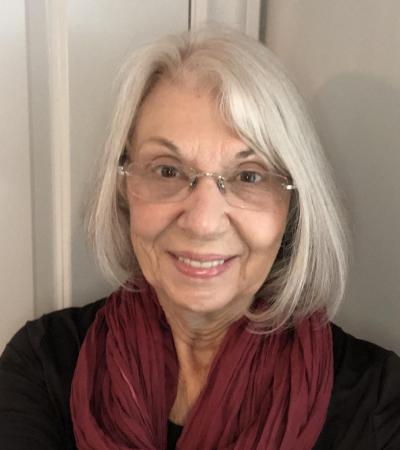Democratization Theory Research Cluster Workshop
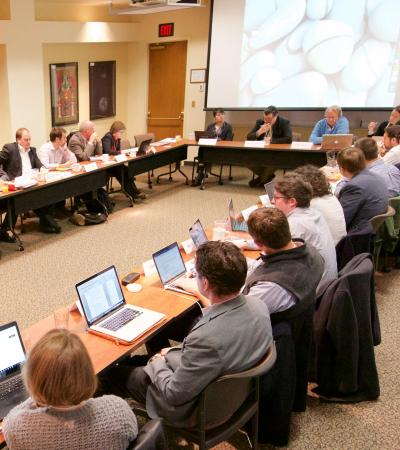
Workshop Organizers: Faculty Fellows Michael Coppedge (political science), Gary Goertz (political science), Aníbal Pérez-Liñan (political science), Dianne M. Pinderhughes (Africana studies and political science), and Samuel Valenzuela (sociology).
The Democratization Theory research cluster continues the Kellogg Institute's long tradition as a center for innovative thinking in democratization theory. For decades, the concepts and measures used in democratization research have fallen short of being able to adequately capture the diversity, complexity, and dynamism of political regimes. As both older and newer democracies experience democratic retrogression rather than advancement, fresh thinking is needed.
Schedule
9:00am–11:00am
Panel I: International Factors
“Effects of U.S. Foreign Assistance on Democracy Building, 1990-2014: An Update”
Aníbal Pérez-Liñán, Steven E. Finkel, Michael Neureiter, and Chris A. Belasco
“International Influences on Democratization”
Michael Coppedge, Benjamin Denison, Paul Friesen, Lucia Tiscornia
“The Measure of CEDAW: Religion, Religious Freedom, and the Rights of Women”
Barbara Walters
“International Norms”
Samuel Valenzuela
11:15am–12:30pm
Panel II: Activism
“What Do We Know about Resistance to Democratic Subversion?”
Andreas Schedler
“Subterranean and Public Activism: Anti-Corruption Reform in Brazil”
Luiz Vilaça
"The Rise of the Contentious Right: Conceptualizing and Explaining Strategies of Conservative Partisan Mobilization in Latin America (2012-2016)"
Tomás Gold, Alejandro M. Peña
12:30pm–1:00 pm
Lunch Served
1:00pm–2:15pm
Panel III: Methods
“Dictators’ Quandary: Party Pluralism and Regime Change”
Natán Skigin and Aníbal Pérez-Liñán
“From Regime Preference to Democratic Suitability: Revisiting Public Support for Democratization in China”
Zhongyun Zhang
“Developing a Theoretical Imagination: In Defense of Methodological Promiscuity”
Thomas Mustillo
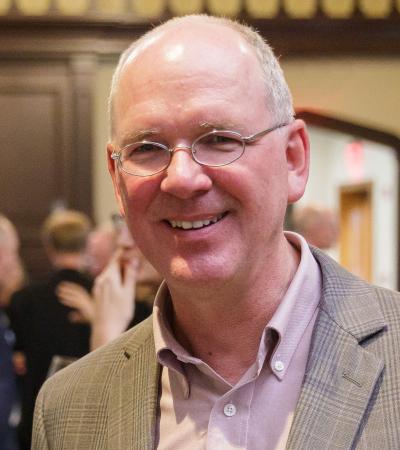
Michael Coppedge
Michael Coppedge is professor of political science at the University of Notre Dame, where he is a faculty fellow of the Kellogg Institute for International Studies. His research interests include democratization and the quality of democracy; Latin American parties and party systems; Venezuelan politics; and comparative politics methodology. He has been a Kellogg Institute faculty fellow since 1995...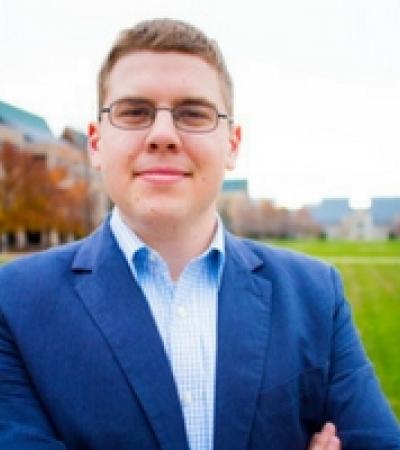
Benjamin Denison
This profile was current as of 2018, when he was part of the on-campus Kellogg community. I am a Ph.D. candidate in the Political Science Department at the University of Notre Dame and currently a dissertation year fellow with the Kellogg Institute for International Studies. I am also a predoctoral fellow with the Notre Dame International Security Center and have served as a research fellow for the Varieties of Democracy project...
Paul Friesen
This profile was current as of 2022, when he was part of the on-campus Kellogg community. Paul Friesen is a PhD candidate in political science and a Dissertation Year Fellow at the Kellogg Institute for International Studies, graduating July 2022. Paul’s research centers on developing an in-depth understanding of political behavior, party attachment, and electoral competition across African countries...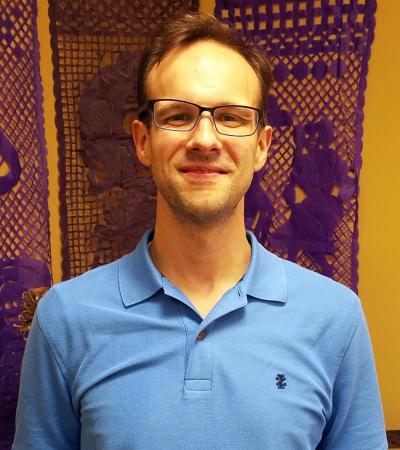
Benjamin Garcia Holgado
This profile was current as of May 2023, when he was part of the on-campus Kellogg community I am a PhD Candidate in Political Science at the University of Notre Dame, a PhD Fellow at the Kellogg Institute for International Studies, and Graduate Associate in Learning Research at the Kaneb Center for Teaching Excellence. I am also honored to be the recipient of a Notre Dame Presidential Fellowship...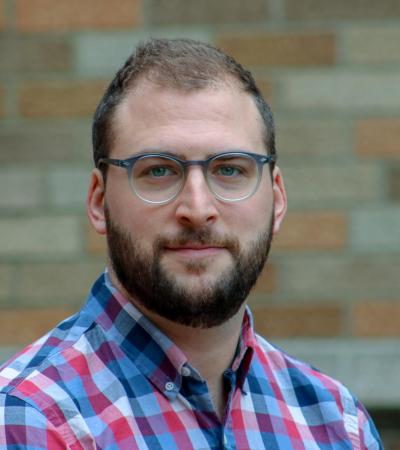
Tomás Gold
This profile was current as of 2024, when he was part of the on-campus Kellogg community. I am a PhD candidate in the Department of Sociology and a PhD Fellow at the Kellogg Institute for International Studies...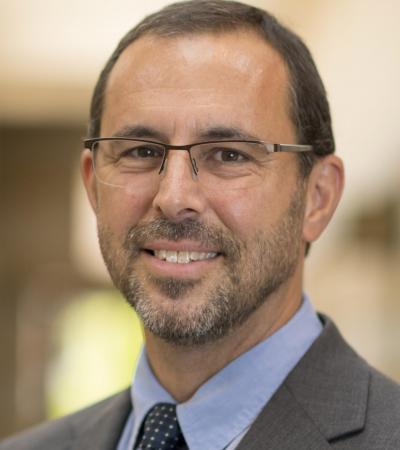
Thomas Mustillo
Thomas Mustillo is an associate professor of global affairs at the Keough School of Global Affairs at the University of Notre Dame. He has been a Kellogg Institute faculty fellow since 2018, and currently serves on the Kellogg Faculty Committee...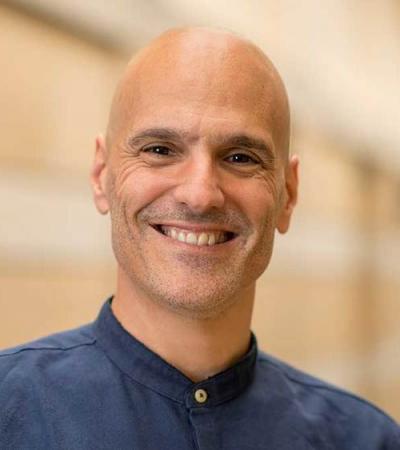
Aníbal Pérez-Liñán
Aníbal Pérez-Liñán is the director of the Kellogg Institute for International Studies and professor of political science and global affairs at the University of Notre Dame, where he holds a joint appointment in the Department of Political Science and the Keough School of Global Affairs. He is a former Kellogg Institute distinguished research affiliate, visiting fellow, and dissertation year fellow...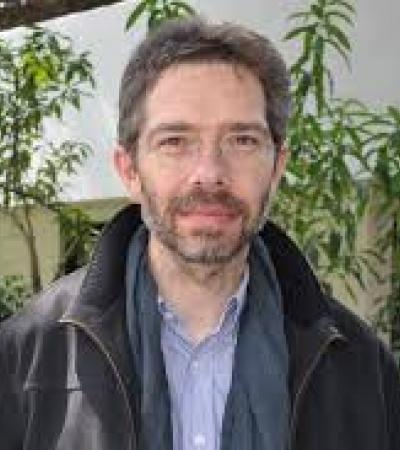
Andreas Schedler
Andreas Schedler is professor of political science at the Center for Economic Teaching and Research (CIDE) in Mexico City. His research interests include the subversion of democracy by illiberal governments, the dynamics of democratic trust, and authoritarianism and democratization from a comparative perspective. Schedler has written numerous journal articles...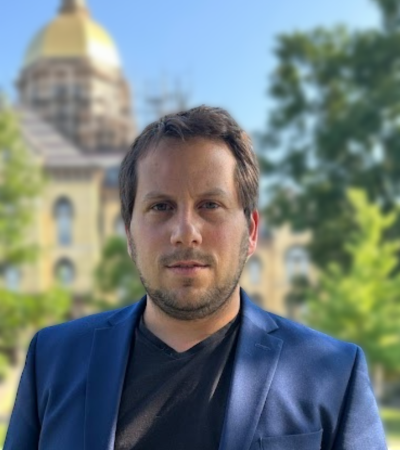
Natán Skigin
Natán Skigin is an Assistant Professor of Comparative Politics in the Department of International Affairs at the University of Georgia. Previously, a Postdoctoral Fellow at Harvard University, Natan received his PhD in Political Science in 2024 from the University of Notre Dame...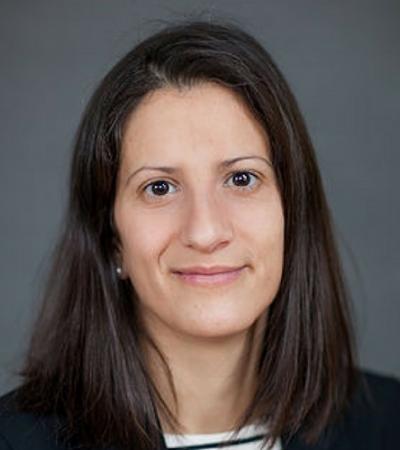
Lucia Tiscornia
This profile is current as of 2022. Tiscornia is an assistant professor in the School of Politics and International Relations and a Fellow with the Geary Institute for Public Policy at University College Dublin. She is an external research affiliate of the Kellogg Institute's Notre Dame Violence and Transitional Justice Lab (V-TJLab)...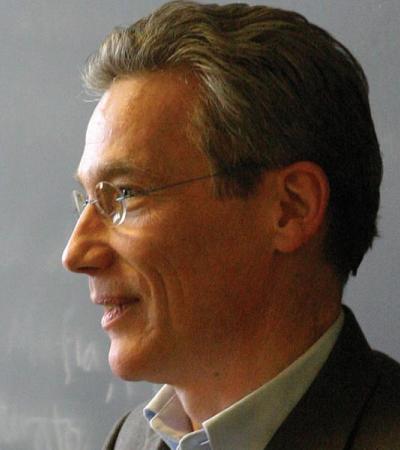
J. Samuel Valenzuela
J. Samuel Valenzuela is Professor of Sociology at the University of Notre Dame. Valenzuela's publications have focused on the origins and development of electoral processes, on labor movements and politics, on oppositions under authoritarian regimes, on democratic transitions and consolidation, on political parties, on problems and theories of development, and on comparative methodology...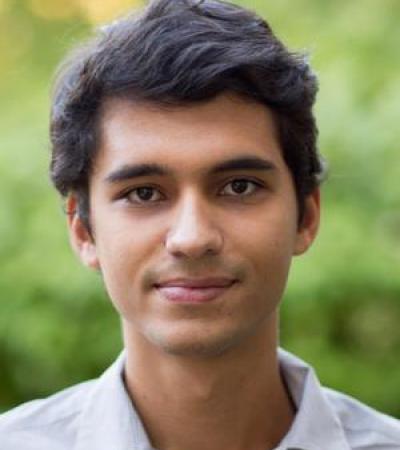
Luiz Vilaça
This profile was current as of May 2023, when he was part of the on-campus Kellogg community. Luiz Vilaça is a PhD student in Sociology at the University of Notre Dame and a Kellogg PhD Fellow. His research cuts across organizational, political, and cultural sociology. His work focuses on anti-corruption reform, institutional change, and the effects of corruption investigations on public opinion and voting behavior...